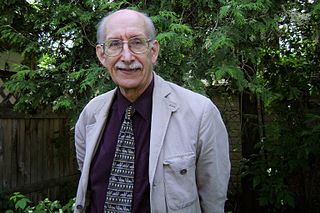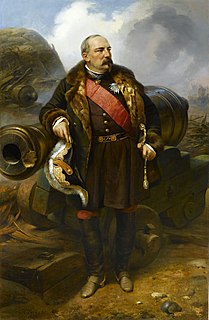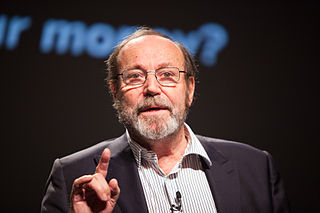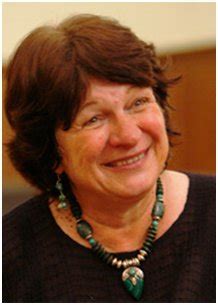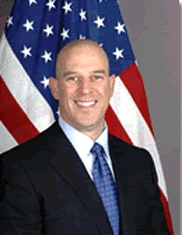A Quote by Randal Marlin
We live in a time when complex ethical questions are easily subordinated to the demands of efficiency, profit maximization, and maintenance or furthering of political power.
Related Quotes
Basically, for any complex to be sustainable needs to have a balance between two factors: resilience and efficiency. These two factors can be calculated from the structure of the network that is involved in a complex system. A resilient, efficient system needs to be diverse and interconnected. On the other hand, diversity and interconnectivity decrease efficiency. Therefore, the key is an appropriate balance between efficiency and resilience.
The very essence of political philosophy is the carving out of an ethical system - strictly, a subset of ethics dealing with political ethics. Ethics is the one rational discipline that demands the establishment of a rational set of value judgments; political ethics is that subset applying to matters of State.
Individualism is at once an ethical-psychological concept and an ethical-political one. As an ethical-psychological concept, individualism holds that a human being should think and judge independently, respecting nothing more than the sovereignty of his or her mind; thus, it is intimately connected with the concept of autonomy. As an ethical-political concept, individualism upholds the supremacy of individual rights
... we are obliged to produce the truth by the power that demands truth and needs it in order to function: we are constrained, we are condemned to admit the truth or to discover it. Power constantly asks questions and questions us; it constantly investigates and records; it institutionalizes the search for the truth, professionalizes it, and rewards it. ... In a different sense, we are also subject to the truth in the sense that truth lays down the law: it is the discourse of truth that decides, at least in part; it conveys and propels effects of power.
High SQ demands the most intense personal integrity. It demands that we stand open to experience, that we recapture our ability to see life and others afresh, as though through the eyes of a child, to learn how to tap into our intuition and visualization, as a powerful means of using our inner knowing to “make a difference.” It demands that we cease to seek refuge in what we know and constantly explore and learn from what we do not know. It demands that we live the questions rather than the answers.
The ethical rule is from Samuel Johnson who believed that maintenance of easily removable ignorance by a responsible office holder was treacherous malfeasance in meeting moral obligation. The prudential rule is that underlying the old Warner & Swasey advertisement for machine tools: "The man who needs a new machine tool, and hasn't bought it, is already paying for it". The Warner & Swasey rule also applies, I believe, to thinking tools. If you don't have the right thinking tools, you, and the people you seek to help, are already suffering from your easily removable ignorance.
Economists have the correct insight that economics is a theory of choice, the key to the story is the variety of options and centralised political control limits the options. The best recipe is adaptive efficiency coping with novel uncertainty in a non-ergodic world, the maintenance of institutions which enable trial & error experiment to occur, and an effective means of eliminating unsuccessful solutions
